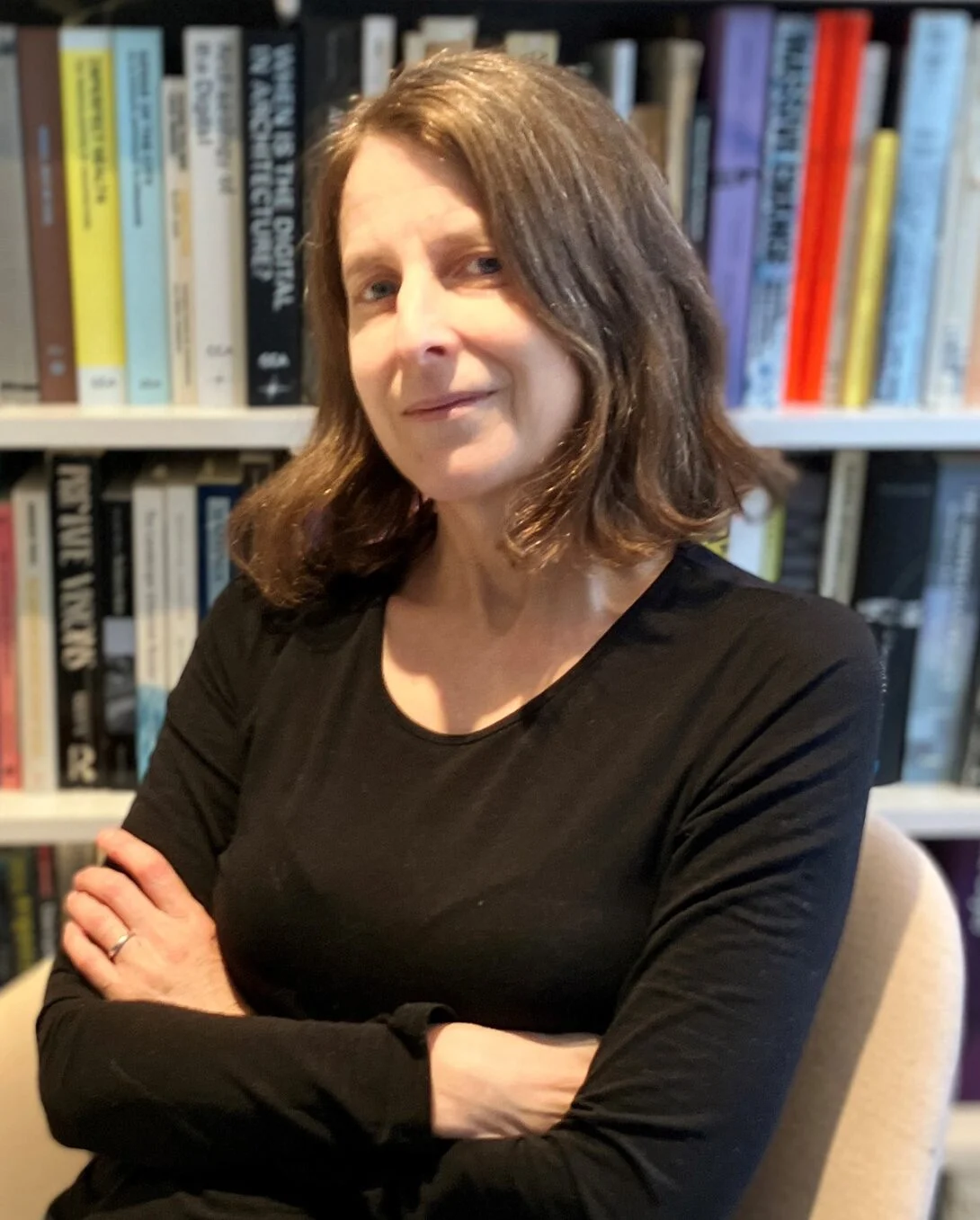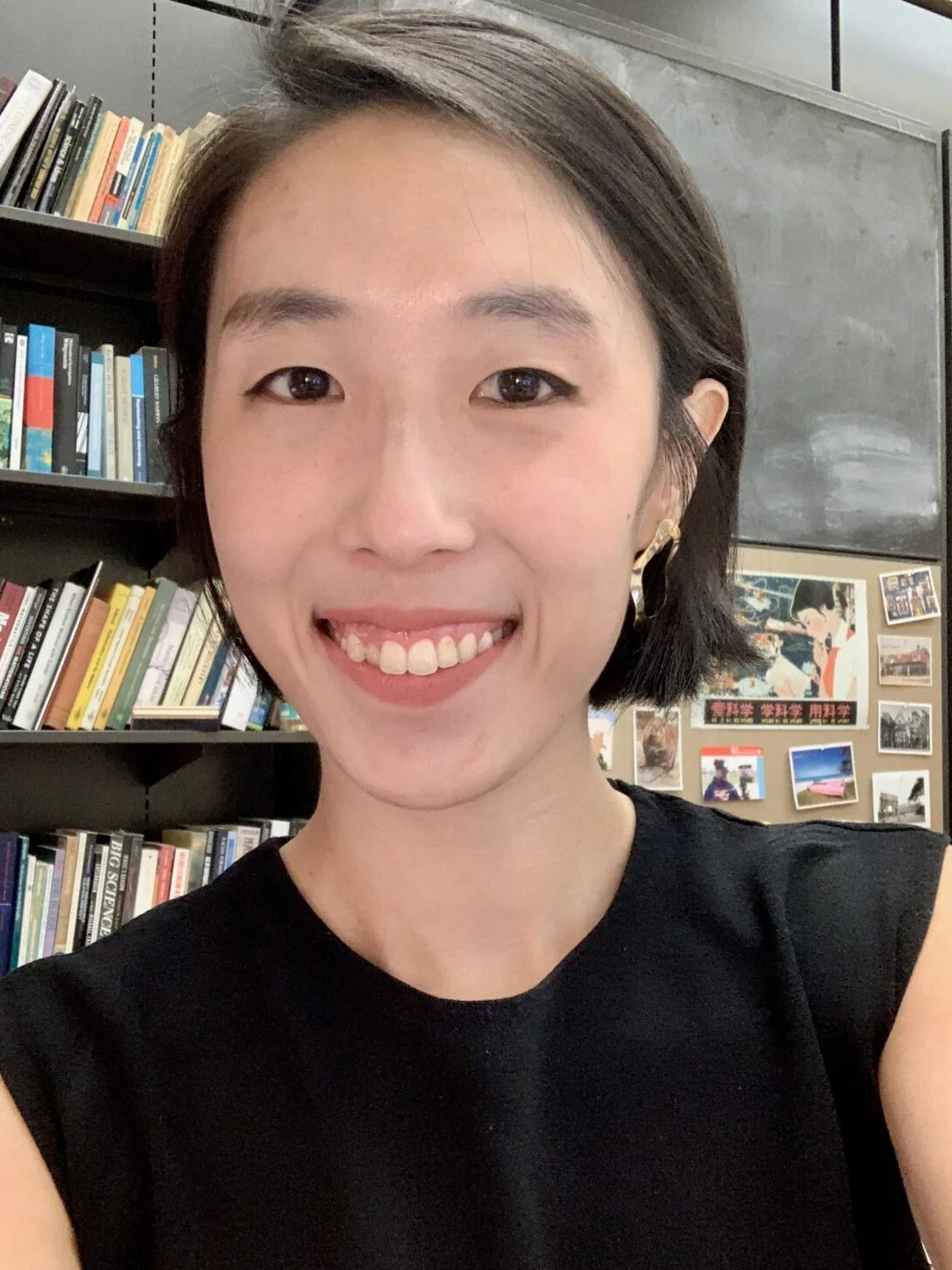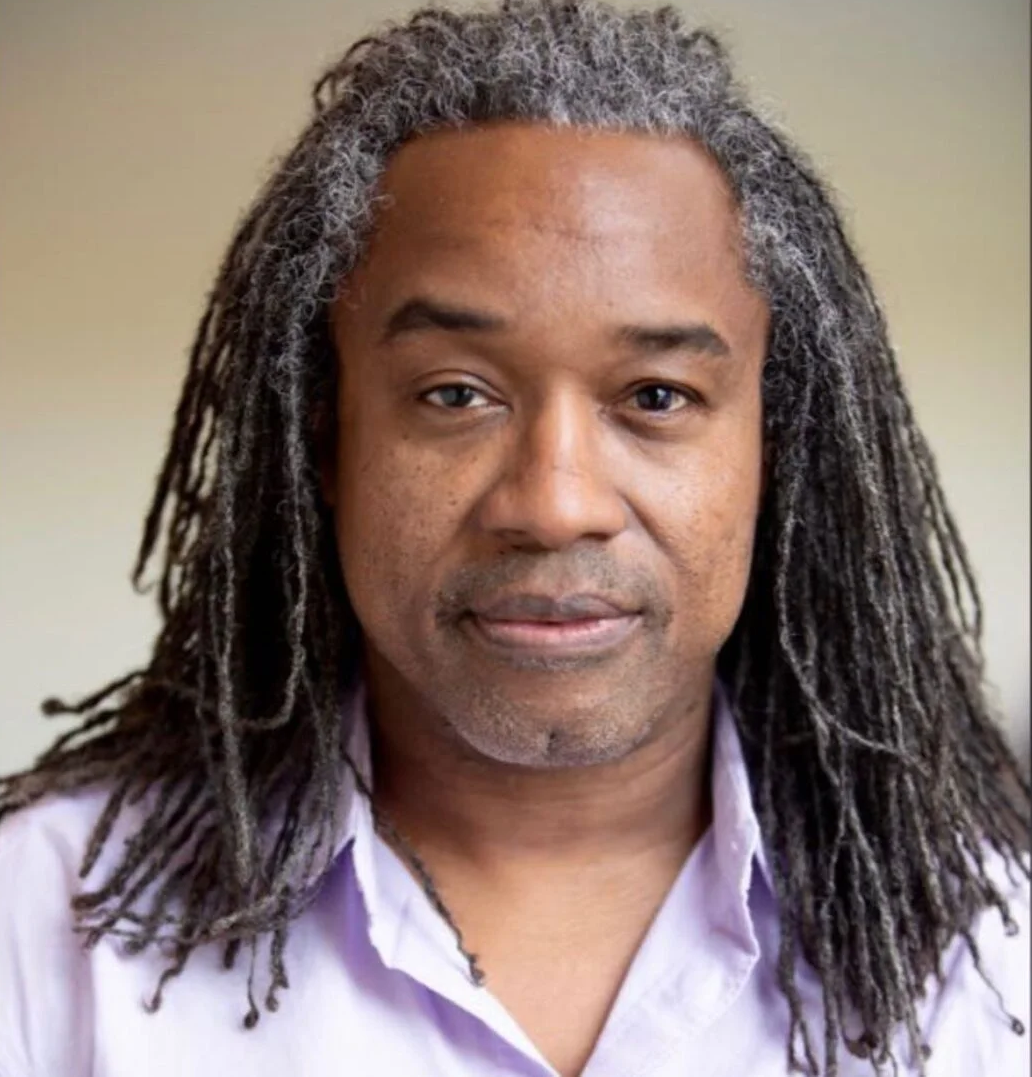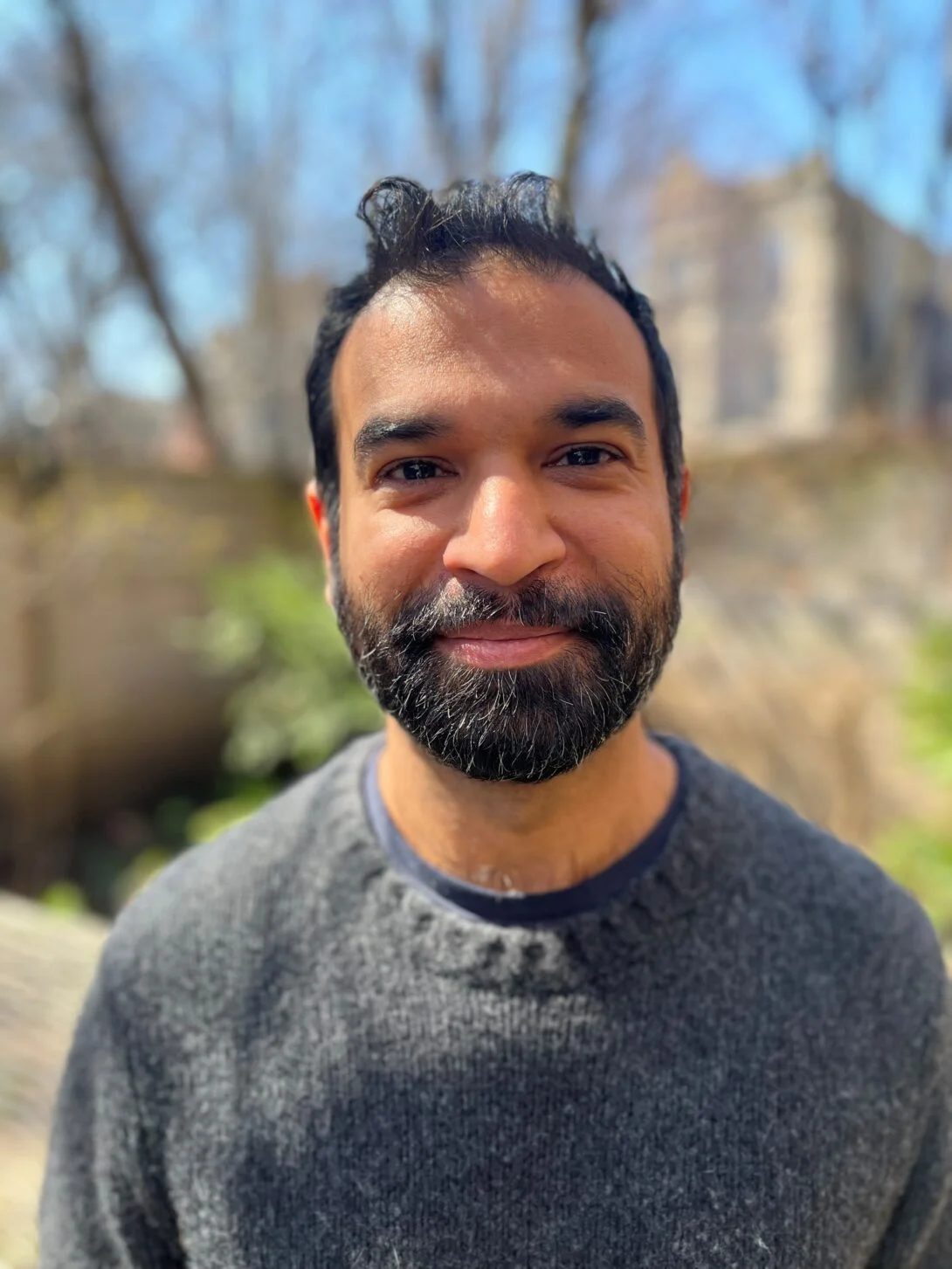2023-2024 Faculty Fellows
Introduction
The faculty fellowship program has supported research resulting in major books and articles in the humanities. Faculty Fellows each present a public lecture and participate in regular fellows seminars.
S. Elise Archias, Department of Art History

Elise Archias’s research and classes center around art since 1945 including performance art and dance, asking questions about the relationship between abstract ideals, physical materials, and human needs in 20th- and 21st-century life and aesthetics. Her book, The Concrete Body – Yvonne Rainer, Carolee Schneemann, Vito Acconci (Yale University Press, 2016) was the winner of the Frank Jewett Mather Award for art criticism in 2018 and the Miess/Mellon Author’s Book Award in 2015.
Joaquín M. Chávez, History

Professor Chávez is a historian of Latin America with a particular focus on the Cold War, intellectuals, Catholicism, and peace processes in Central America. Chávez received his doctorate from New York University.
Professor Chávez is the author of Poets and Prophets of the Resistance: Intellectuals and the Origins of El Salvador´s Civil War (Oxford University Press, 2017). The book provides a ground-up history of the polarization and mobilization that brought El Salvador to the eve of civil war. It studies trans-class political and cultural interactions between city and countryside–particularly secular and religious pedagogy–that drove the revolutionary mobilizations that anticipated the conflict.
Penelope Dean, Architecture

Penelope Dean is associate professor at the UIC School of Architecture. Her research focuses on contemporary architectural culture with an emphasis on the exchanges between architecture and the allied design fields. Dean’s writings have appeared in Architectural Design, the Journal of Architectural Education, Harvard Design Magazine, Log, hunch, Praxis, and Flat Out, and her research supported by a visiting scholar’s residency at the Canadian Centre for Architecture, Montreal. She holds a PhD from the University of California, Los Angeles, previously worked as an architect for the Dutch office MVRDV, and has served in various editorial capacities for hunch, Content, KM3, and Crib Sheets. She is founding editor of Flat Out.
Clare S. Kim, History & Global Asian Studies

Clare Kim is an Assistant Professor of History and Global Asian Studies. Her work centers on the history of twentieth and twenty-first century mathematical sciences, exploring representations of knowledge and difference in US intellectual and political life.
Her first book manuscript examines how modernist concerns with aesthetic self-reference, axiomatic, and formal experimentations were shaped by mathematicians’ exchanges with artists, designers, and social scientists over the twentieth century. Locating these changes alongside shifts in US immigration laws, higher education, and cultural perceptions, she shows how interdisciplinary exchanges, on the one hand, and racial formations such as around Asian and Asian-American identity, on the other, contoured who and what counted as a mathematical subject.
Her second project traces the history of “cryptanalysis” from the First World War through the Cold War. Focusing on the entanglements between scientists and classical philologists over the technical study of ciphers and codes, she examines how changing humanistic and computational practices collectively participated in military intelligence work and became embedded in ideas about security.
Mario J. LaMothe, Black Studies & Anthropology

Mario LaMothe is Assistant Professor in the Departments of Black Studies and Anthropology at the University of Illinois at Chicago, where he is also a faculty affiliate in Gender and Women’s Studies, and Museum and Exhibition Studies. He received a doctorate in Performance Studies from Northwestern University. Mario’s research focuses on embodied pedagogies of Caribbean arts and expressive cultures, and the intersections of queer lifeworlds and social justice in Haiti. A performance artist, his work has appeared in e-misferica, Conversations Across the Field of Dance Studies, Women and Performance, the Journal of Haitian Studies, The Routledge Companion to African American Theatre and Performance, and Duke University Press’ co-edited volume Time Signatures: Race and Performance after Repetition.
Nasser Mufti, English

Nasser Mufti’s research and teaching focuses on nineteenth century British and postcolonial literature, as well as critical and political theory. He is especially interested in literary approaches to the study of nationalism. His first book, Civilizing War: Imperial Politics and the Poetics of National Rupture (Northwestern University Press, 2017) (online version and PDF) argues that narratives of civil war energized and animated nineteenth-century British imperialism and decolonization in the twentieth century. The conceptual core of the book adapts a famous phrase of Benedict Anderson to asks what it means to “un-imagine” community, while its historical arc tracks the shifts in narratives of civil war from the Victorian period to the age of decolonization to the contemporary refugee crisis. Where once the narratives of civil war were directed internally at metropolitan society, today they are directed exclusively outwards at the Global South and provide the basis for liberal-humanitarian interventionism. Civilizing War was winner of the 2019 Gustave O. Arlt Award, and runner-up for the 2020 Sonya Rudikoff First Book Prize.
He is now pursuing two research tracks. The first considers the relation between anticolonial thought and nineteenth century British culture, with a particular focus on theories of hero-worship and the historical novel. The second, tentatively titled “Colonia Moralia,” examines the dialectics of postcolonial Enlightenment through comparative readings of T.W. Adorno and V.S. Naipaul.
His work has appeared in The Journal of Narrative Theory, NOVEL, Nineteenth Century Literature, Victorian Literature and Culture, Victorian Studies, b2o: An Online Journal, Modernism/Modernity, and South Asian Review.